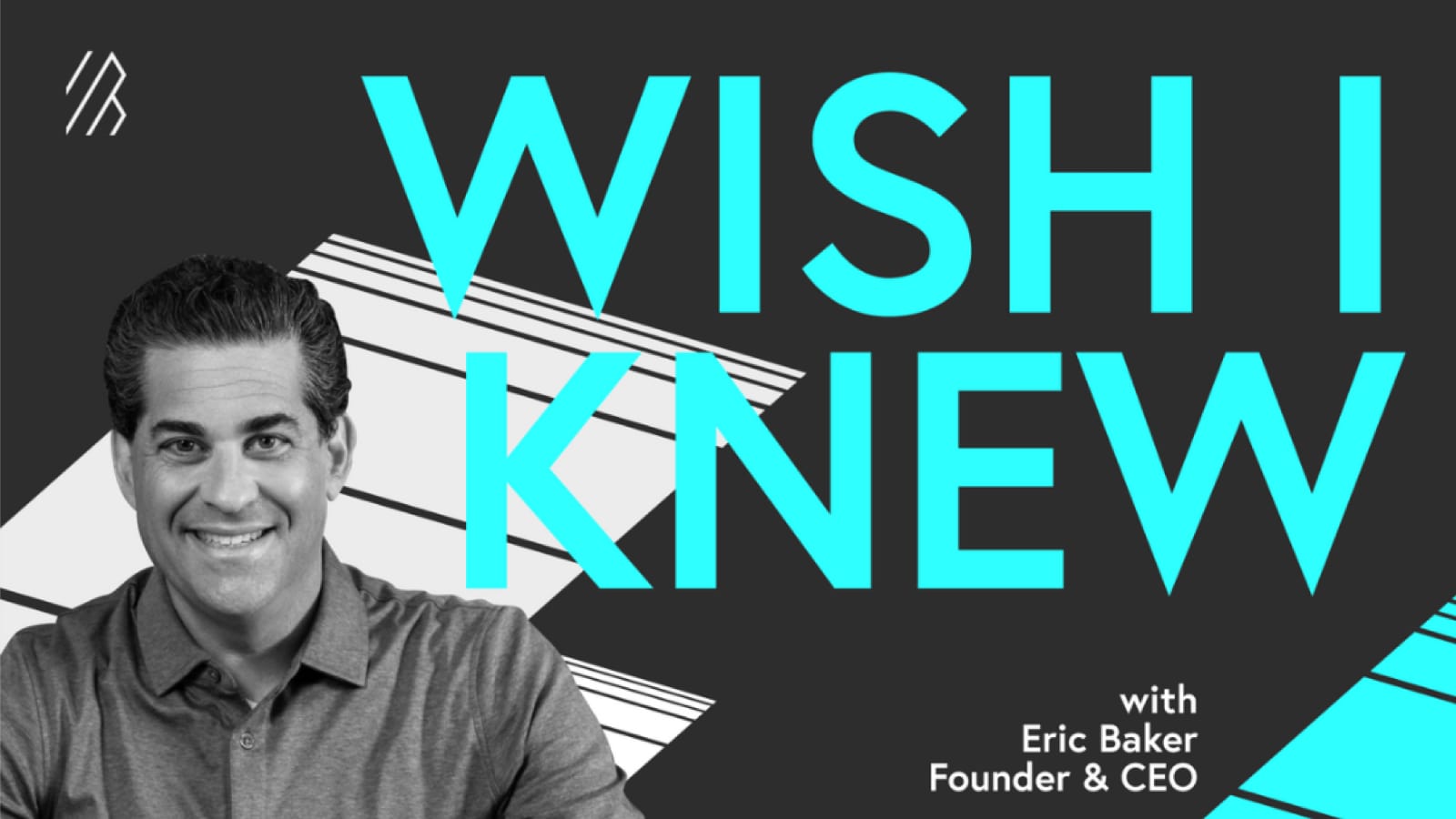StubHub’s IPO — 25 years in the making
StubHub’s journey unfolded like a five-act play, and under the tireless leadership of co-founder and CEO Eric Baker, it has defined consumer innovation in digital marketplaces — and created lasting memories through roughly $100 billion of tickets sold.
When StubHub first opened its doors in 2000, buying a ticket to a sold-out show or big game meant hustling through back alleys, scouring classifieds, or dealing with brokers whose trustworthiness was, at best, questionable. StubHub changed all of that. By pioneering the online secondary marketplace for tickets, it brought transparency and ease into a digital experience that had long been frustrating for fans. Twenty-five years later, StubHub has even obliterated the difference between primary and secondary tickets because consumers do not care. They just want the access and convenience StubHub provides – tickets to any event, in any geography, using just about any currency in the world.
Today, as StubHub makes its public market debut, this isn’t just an IPO — it’s a milestone in the story of the consumer internet. And for me personally, it’s the continuation of a journey that began more than two decades ago, when I first met CEO Eric Baker, the co-founder who imagined a better way for millions of fans.
Betting on a better way to buy tickets
I met Eric 30 years ago when we were colleagues at McKinsey, and it was immediately clear that entrepreneurship was in his DNA. His vision for StubHub came in 1999, when he was at Bain Capital and tried to get tickets to The Lion King. The process was a mess, and he thought: “There has to be a better way.”
When Eric and his co-founder Jeff Fluhr launched StubHub out of Stanford Business School in 2000, their idea sounded radical to many. Ticketmaster’s former CEO famously told Eric, “It will never happen.” He was thrown out of NFL offices and team boardrooms. But what others dismissed as “scalping,” Eric understood as a simple truth: fans deserved a secure and transparent marketplace.
That clarity of vision — and his determination to prove the doubters wrong — was what drew Bessemer to back Eric to build a truly global business. We believed not only in the size of the opportunity but also in Eric’s grit to transform an entrenched, opaque industry.
Building a category-defining consumer company
StubHub’s peer-to-peer marketplace became the model for the ticket resale industry. Interactive seat maps, guarantees, mobile ticketing, and consumer protections gave fans confidence to transact online. Partnerships with sports teams, artists, and leagues scaled that trust globally.
The company’s arc hasn’t been linear. Eric himself left before StubHub’s 2007 acquisition by eBay, and shortly thereafter founded Viagogo to take the model international. In 2020, in one of the most dramatic full-circle founder stories, Viagogo acquired StubHub for $4 billion from eBay, and the two companies Eric founded were combined as one under his leadership. Months later, COVID-19 shut down 95% of live events overnight — a crucible that tested every assumption about resilience. In May of 2020, Forbes even dubbed Viagogo’s purchase of Stubhub the “Worst. Deal. Ever.” Despite expert predictions of its demise, StubHub endured, and under Eric’s leadership, has emerged stronger than ever.
Last year, the company generated $1.77 billion in revenue with significant operating profitability. Millions of fans now trust StubHub as their first stop for live events, and the company’s scale makes it one of the most important consumer internet brands in the world.
Consumer tech defines culture again
This IPO isn’t just a financial milestone, it’s also a cultural one. StubHub proved that the secondary ticket market could be legitimate, giving consumers a trusted way to buy online at scale. While buying anything online feels routine today, platforms like StubHub were revolutionary just two decades ago.
But StubHub’s success also underscores a broader truth about the evolution of the digital economy: trust and transparency can become moats for businesses, consumer behavior is shaped by technology and delivery method of products, and software continues to uncover value for all sides of a marketplace in industries long resistant to change.
For Bessemer, StubHub represents the type of category-defining consumer company we continue to aspire to back: one that changes how people live their daily lives. From LinkedIn to Pinterest to Yelp, we’ve been fortunate to partner with entrepreneurs building consumer platforms that define their era. StubHub belongs in that esteemed cohort.
It also reflects something more enduring — the resilience of visionary founders. Eric’s journey from being fired from his own company to building Viagogo to orchestrating StubHub’s return and leading it to IPO is a lesson in perseverance and redemption.
Why this IPO matters: for fans, for founders, and for the future of consumer innovation
As StubHub enters the public markets, I’m struck by the arc of this decades-long journey — for Eric, the StubHub team, and for Bessemer as a big believer in their vision. This IPO is not an ending, but a marker of how far consumer marketplaces have come, and a signal of what’s ahead. The next billion-dollar consumer AI company has likely already been founded today.
For fans, this milestone means continued innovation and choice. For entrepreneurs, it proves that taking on entrenched incumbents — or building technology bold enough to transform or even invent an industry — can reshape how we live, work, and connect with the world. And for us at Bessemer, it’s a reminder of why we back founders who see the world differently and pursue their vision with relentless conviction.
Congratulations to Eric, the entire StubHub team, and everyone who believed along the way. This IPO is not just the culmination of 25 years of persistence — it’s an inspiration to the next generation of consumer entrepreneurs who will redefine trust, transparency, and cultural access in the digital age.





